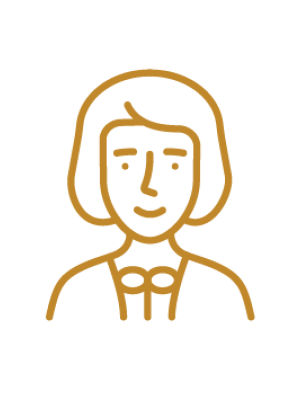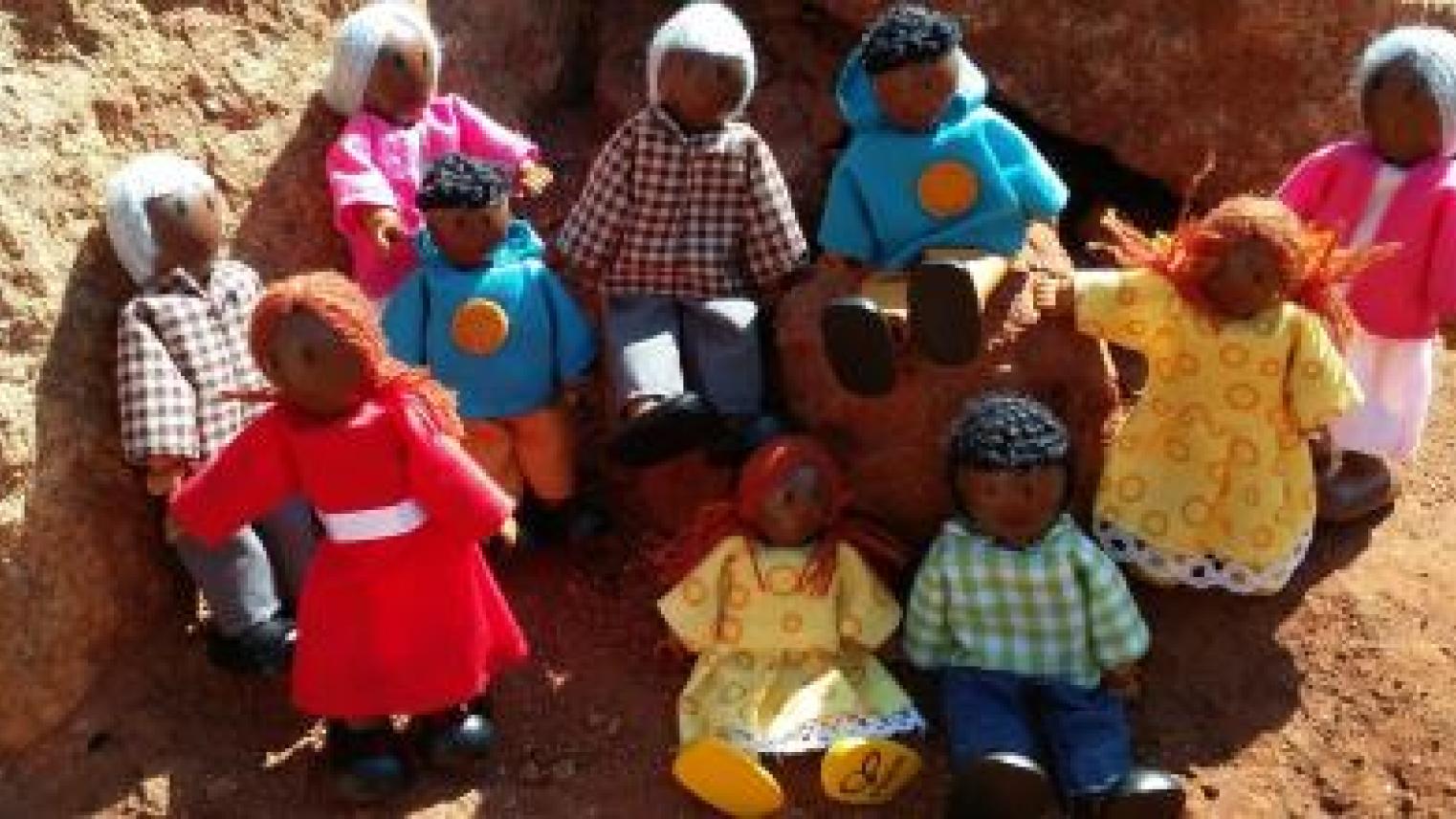Kinship terminologies - the patterns of words languages have for denoting and referring to family members - are a striking opportunity for understanding the interplay of culture, language, and cognition. In this talk I will describe the VariKin project, a multidisciplinary approach to understand the patterned variation in human kinship systems. The project team brings together theory and method across anthropology, linguistics, evolutionary biology, and computational methods. I'll describe results from macro and micro-evolutionary studies of kin terms: large cross-cultural analyses using comparative phylogenetic methods, a new kinship morphospace approach to typologies, insights into kin-term borrowing, and work on children's acquisition and use of kinship language from both comparative corpora as well as fieldwork in a rural Datooga community in Tanzania, and urban Bristol.
About the Speaker
Fiona Jordan is an evolutionary and linguistic anthropologist who studies cultural evolution. Like most anthropologists, she wants to understand cultural diversity. There are two parts to that inquiry: Why do humans–a single species–have so much variation in behaviour and culture? But: Why don’t human societies vary more? Her work seeks to do cross-cultural research in new and innovative ways by combining methods, data, and theory from biology, psychology, anthropology, and linguistics.
Event Speakers

Fiona Jordan
Fiona Jordan is an evolutionary and linguistic anthropologist who studies cultural evolution. She wants to understand cultural diversity. Her work seeks to do cross-cultural research in new and innovative ways by combining methods, data, and theory from biology, psychology, anthropology, and linguistics.
